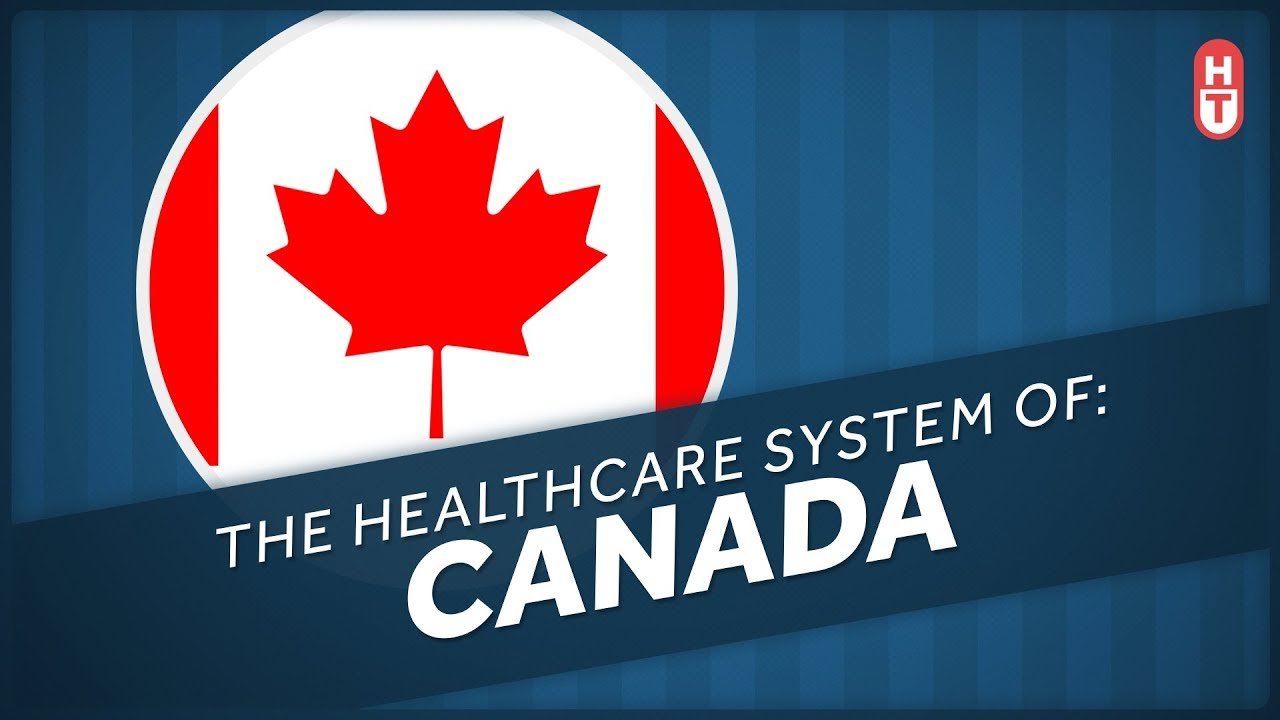It is crucial for a new Canadian ex-pat to learn about the country’s healthcare system and health insurance. In Canada, everyone has access to high-quality medical care, and the government provides exceptional support for its citizens and permanent residents. However, the system for providing medical care in Canada for foreign ex-pats is a little different. Your immigrant status is the single most important factor in determining the kind of public health care you receive. This means that visitors and tourists will have to pay full price for some medical care. You should plan ahead and save money for this if you’re considering a transfer to Canada.
The Canadian Health Care System in Action
Citizens and permanent residents of Canada are entitled to a high standard of public healthcare that comes at no cost to them. However, this freedom does not extend to expatriates. People who aren’t locals will have to foot a portion of the bill. Prospective Canadian citizens or permanent residents can apply for a medicare card at the time of their immigration registration. To get the card, you’ll have to wait around three months. At around the same time, coverage under the government health insurance programme should begin. Private medical treatment is a necessary interim measure. Read on for advice on securing private health coverage.
An Explanation of Canada’s Healthcare System
So, how exactly does medical care function in Canada? Taxpayers in Canada finance the country’s healthcare system, which provides adequate service. Wait times are the most often cited criticism of Canada’s otherwise excellent healthcare system. Wait times are longer than average compared to other nations. Below, we’ll discuss the benefits and downsides of typical wait times in further detail. Below is a summary of the Canadian public healthcare system for permanent residents, which you may expect to become eligible for if you are an ex-pat planning to apply for residence.
What Services Are Provided by the Government Hospital?
The Canadian public healthcare system, Medicare, covers the vast majority of Canadians’ healthcare and medical service needs. Plans vary by province and territory, but everyone has access to emergency care regardless of whether or not they have a provincial or territorial health care card.
Medical Care in Canada: A Privileged System
In comparison to other OECD countries, Canada’s healthcare expenditures are quite high (OECD). Spending on healthcare accounts for almost 11% of Canada’s GDP, or over $6,000 CAD ($4,515 USD) for each citizen. Over the past two decades, the cost of public healthcare for Canadian families has skyrocketed, increasing by an astounding 70%.
Is There a Reason Why Canadian Healthcare Is So Expensive?
Some people hesitate to use the word “free” when discussing Canada’s healthcare system since, as was just said, taxpayers foot a hefty bill for universal coverage. Among the world’s most expensive healthcare systems is Canada. This is the cost of their “free” healthcare system for all citizens.
The Canadian Health Insurance Application Process
It is generally advised that an ex-pat obtain either travel medical insurance or an annual international medical plan prior to arriving in Canada in order to cover medical expenses incurred while there until eligibility for public healthcare is established. When staying in a Canadian hospital, non-citizens may be required to pay up to $5,000 CAD ($3,761 USD) every day. For really serious medical attention, this cost may double. Expats should make preparations for the unexpected by securing medical insurance. Once an ex-pat has been accepted into the public healthcare system and has decided to supplement its coverage with private insurance, it is easy to get in touch with an insurance provider of their choosing (usually by telephone or online).
They will assist you through the procedure, break down the associated fees, and address any concerns you may have prior to signing up. The Human Resources department at your workplace may be a great resource for questions about and assistance with enrolling in group health insurance plans. Your inquiries about your private health insurance’s features and coverage should also be easily answered with their assistance. The vast majority of Canadians (71%) who need medical attention in 2013 (those aged 15 and over) said they had no trouble obtaining it.
The most often cited issues with service access were “waiting too long for an appointment” and “difficulty arranging an appointment.”
Individuals in Canada who rated their own health as poor or fair were more likely to say they had trouble getting in for non-emergency surgery, certain diagnostic testing, or the care of a specialist. Those with more education (i.e., some college) were more likely to say they had trouble getting in for a first appointment (e.g., immediate care, routine care or health information).

